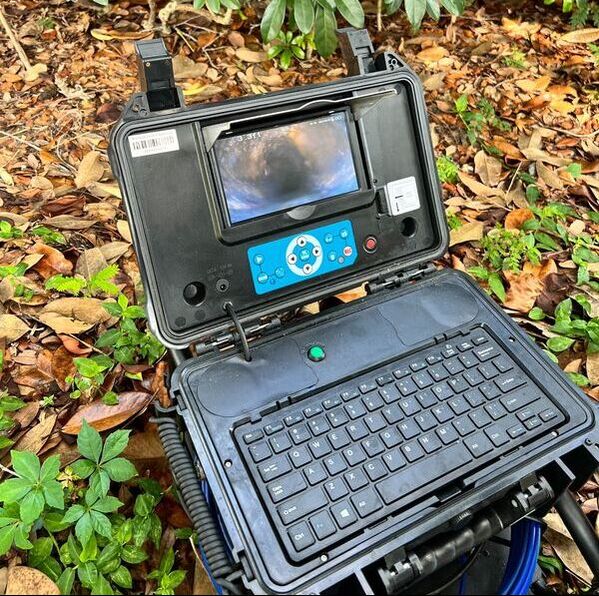As homeowners, we use our plumbing systems every day, sometimes without fully appreciating the complex system of pipes beneath our homes. While home inspections are essential for assessing a property’s general condition, they often neglect a critical aspect–the condition of your sewer lines.

Daily Use of Drains
Our homes’ drains and faucets see constant use. We wash dishes, take showers, flush toilets, and more. All this daily activity sends wastewater down into our sewer lines. Over time, this can lead to debris accumulation and potential blockages.
Infrequent Home Inspections
Home inspections are usually associated with buying or selling a property, meaning they occur infrequently, often with years between them. This leaves ample time for sewer issues to develop unnoticed.
Preventative Measure
Sewer scoping is a proactive step homeowners can take to assess their sewer lines’ condition. It acts as a preventative measure, helping to detect problems before they worsen.
Early Detection of Blockages
One of the primary benefits of sewer scoping is the early detection of blockages or issues within the sewer lines. It can reveal problems like tree root intrusion, sediment buildup, or damage to the pipes—issues that, if left unchecked, can lead to costly repairs and even sewage backups into your home.
Cost Savings
Identifying and addressing sewer problems in their early stages can be significantly less expensive than waiting until extensive damage has occurred. Timely maintenance can save homeowners money in the long run.
Peace of Mind
Knowing the condition of your sewer lines provides peace of mind. It eliminates the worry of unexpected sewer line failures, which can be both financially and emotionally taxing.
Sewer scoping is an essential part of responsible homeownership. Regular inspections protect your property, maintain its value, and ensure your plumbing works flawlessly. This small investment brings peace of mind. Don’t neglect your sewer lines; take action for a worry-free home.
